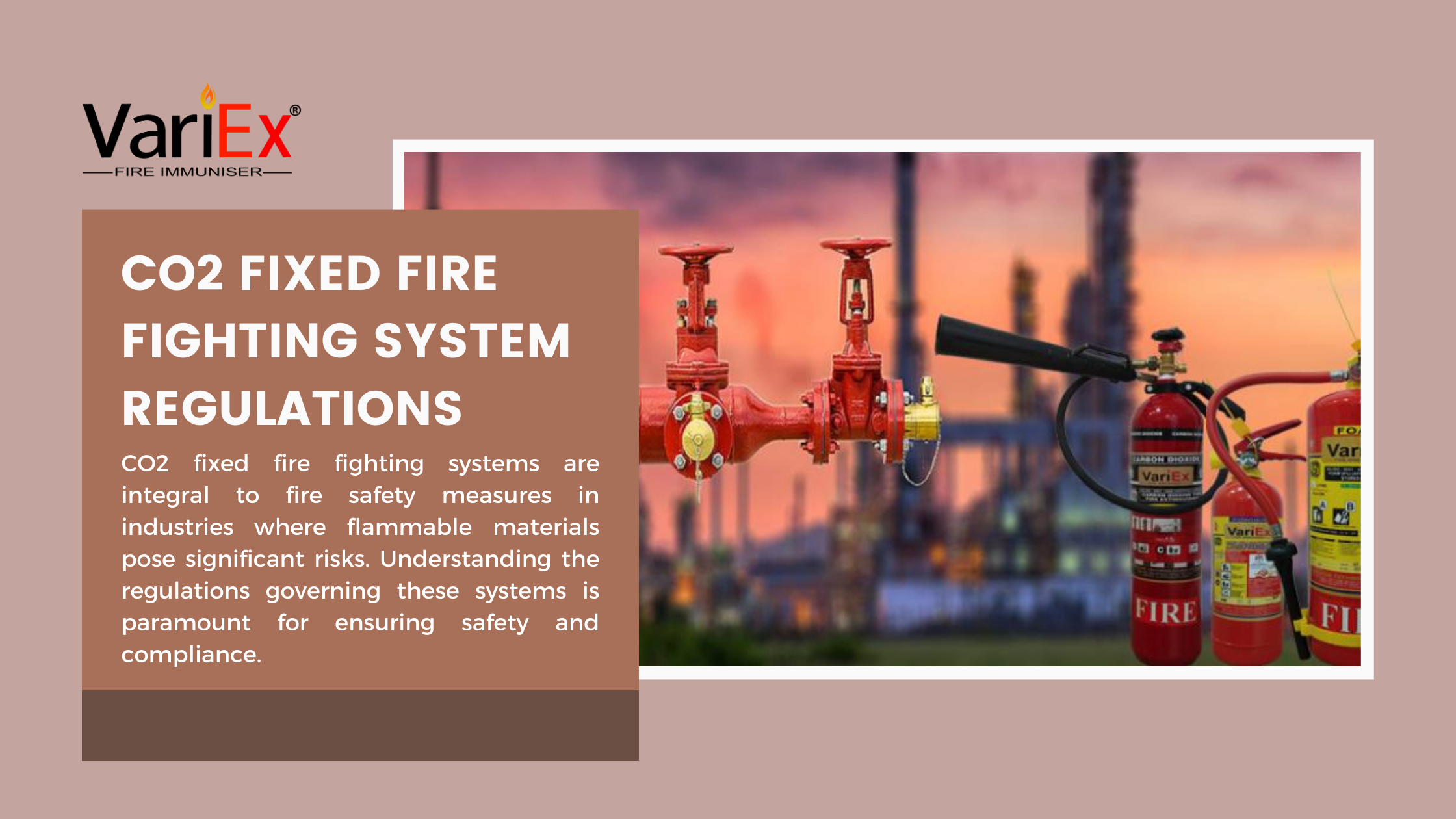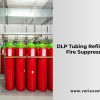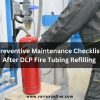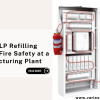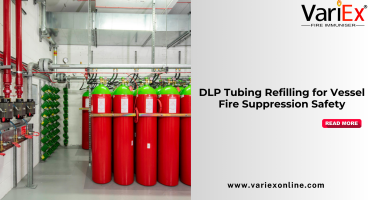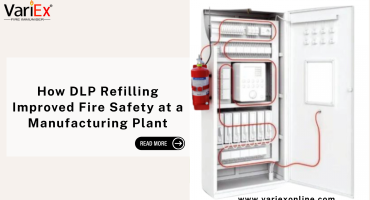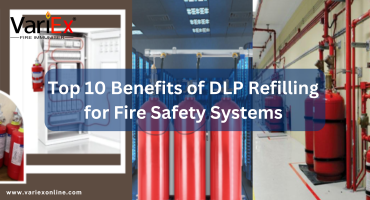![]()
Fire Immuniser
+91-7829629111
Email: info@variex.in
Varistor Technologies Pvt. Ltd.
Block-1, First Floor, Ardente Office One, Hoodi Circle, ITPL Main Road, Bengaluru, Karnataka 560048, IN
CO2 Fixed Fire Fighting System Regulations
Frequently Asked Questions
CO2 fixed fire fighting systems are installations designed to suppress fires using carbon dioxide gas. They're commonly used in industrial settings with flammable materials.
Regulations ensure that these systems are designed, installed, and maintained to effectively suppress fires while prioritizing the safety of personnel and property.
Regulations are established by international bodies like NFPA, ISO, and IMO for maritime applications, as well as by national authorities in accordance with local safety standards.
Regulations cover various aspects including design standards, installation requirements, safety measures, inspection and maintenance procedures, and compliance enforcement.
Yes, industries like maritime, oil and gas, petrochemical, power generation, and aviation have specific regulations tailored to their unique fire hazards and operational environments.
Final Say
At VariEx.in and VariexOnline.com, we specialize in supplying and installing top-quality fire fighting systems and equipment. From fire extinguishers to advanced suppression systems, we offer comprehensive solutions tailored to your needs. Our experienced team ensures precise installation and maintenance for optimal safety.
Trust VariEx for reliable fire protection. Contact us online or call 7829629111 to learn more.
"WHAT YOU CAN READ NEXT"
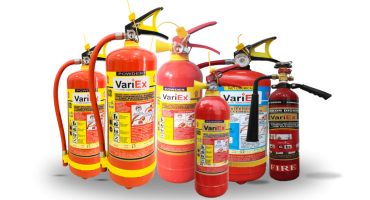 Read more +24 November 2023 in Fire Extinguisher
Read more +24 November 2023 in Fire ExtinguisherWhat types of fire extinguishers are available for different fire classes?
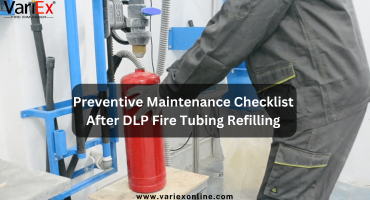 Read more +11 July 2025 in Fire Suppression
Read more +11 July 2025 in Fire Suppression

